Presidential task forces deliver preliminary recommendations to Garber
Co-chairs of initiatives to combat anti-Muslim, anti-Arab, and anti-Palestinian bias and antisemitism outline recommendations for near-term action — with final reports expected in the fall

From the Eliot House tower, a canopy of foliage frames the Mac quad and Lowell house. On the left is Kirkland House and the Malkin Athletic Center. Kris Snibbe/Harvard Staff Photographer
File photo by Kris Snibbe/Harvard Staff Photographer
The two presidential task forces focused on combating anti-Muslim, anti-Arab, and anti-Palestinian bias and antisemitism have delivered their preliminary recommendations to Harvard’s interim president, Alan M. Garber. The recommendations focus on 13 thematic areas where the University can act soon.
In a message sharing the preliminary recommendations with the Harvard community, Garber wrote: “We must strengthen our ties with a sustained commitment to engaging each other with tact, decency, and compassion. Our learning cannot be limited to purely academic pursuits if we hope to fulfill our responsibilities to one another and to the institution that is our intellectual home.”
“I am profoundly grateful to [the co-chairs of the task forces] Ali Asani, Jared Ellias, Wafaie Fawzi, Asim Ijaz Khwaja, and Derek Penslar for their candor, thoughtfulness, and, most important, their optimism. The work ahead of us will require a concerted effort. As both task forces work toward final recommendations, their preliminary recommendations offer a path forward. We will commence detailed review and implementation of the shorter-term recommendations over the summer. Those that are longer-term will be developed, refined, and implemented in due course.”
The Gazette sat down with the five co-chairs of the task forces to learn more about the recommendations and what the co-chairs learned in a combined 85 listening sessions with close to 900 members of the Harvard community this spring.
Each co-chair spoke about the immense responsibility they felt while navigating the collective grief and pain on campus after the attack of Oct. 7; the ways that different communities experienced bias, hatred, exclusion, and fear; the values Harvard community members shared; and their joint effort to model collaboration and dialogue across the two task forces.
The preliminary recommendations “provide an opportunity to share with the community what the effort has been up to, regain some trust, and show that these task forces are actually acting in a way that the community expects,” said Fawzi, co-chair of the Task Force on Combating Anti-Muslim, Anti-Arab, and Anti-Palestinian Bias and Richard Saltonstall Professor of Population Sciences and professor of nutrition, epidemiology, and global health at the Harvard T.H. Chan School of Public Health.
Memos from each task force outline the preliminary recommendations and serve as a prelude to the final reports from the task forces, which are expected to be delivered to Garber in the fall semester. The co-chairs have shared the preliminary recommendations with the deans and with the Corporation. The University administration is working with the Schools to implement the recommendations throughout campus.
The task forces will work through the summer to further refine some of the recommendations, assist in the development of programs, and position the University for a better fall semester.
“The situation over the past year has been quite grave, and unless we take significant steps forward by the beginning of the coming academic year, we could be in a position similar to last year, which we want to prevent,” said Derek Penslar, co-chair of the Task Force on Combating Antisemitism and William Lee Frost Professor of Jewish History in the Faculty of Arts and Sciences.
Common themes
While each task force reported hearing very different experiences from community members, some common themes emerged. These included the feeling that the University has fallen short of its stated values, specifically those that celebrate diversity while respecting differences.
Asani, co-chair of the Task Force on Combating Anti-Muslim, Anti-Arab, and Anti-Palestinian Bias and Murray A. Albertson Professor of Middle Eastern Studies and Professor of Indo-Muslim and Islamic Religion and Cultures in the Faculty of Arts and Sciences, said that seeking to understand different identities and perspectives is not just core to Harvard’s values, it is core to what a university education is supposed to provide.
“Intentional engagement with diversity is a very important skill that all our students should have, regardless of what School they attend. Not having those skills and the tools to engage has serious consequences for our world as it leads to polarization,” Asani said. “It’s recognizing difference and respecting it, but at the same time acknowledging that there are shared values that we as a community hold.”
Time and again, the co-chairs returned to the idea that a university should provide its students with the critical thinking skills necessary to navigate an increasingly complex world and that this is the very mission of Harvard — to bring together a diverse community whose members challenge and teach one another about new and sometimes conflicting ideas.
“We have to return to our foundational principles as an educational institution and recognize both the potential that we have, but also the inherent limitations as a university that’s in the business of admitting students, teaching them, and giving them a degree,” said Jared Ellias, co-chair of the Task Force on Combating Antisemitism and Scott C. Collins Professor of Law at Harvard Law School. “We must also appreciate that the global ambitions of the University mean that we’re going to bring together a gigantically different group of people where what they have in common is their excellence. And we’re going to, hopefully, let them meet each other, form meaningful friendships and relationships, and then help them become leaders in the world that they’re going to graduate into.”
Teaching students doesn’t mean sugarcoating conflict among current peers and instructors, and future colleagues, neighbors, and friends, Ellias said. “I think we have to start being more intentional in saying that we aren’t going to agree with every idea that everybody has, and we’re not going to agree with every version of the world that people might want to create.”
For the co-chairs, this focus on thoughtful and constructive debate felt like a natural and first-order recommendation from a group of faculty focused on educating future world leaders.
“As a university, we should be focusing on what we do best. We do research. We teach. We enable each other to have serious, substantive, and constructive conversations on all issues,” said Khwaja, co-chair, Task Force on Combating Anti-Muslim, Anti-Arab, and Anti-Palestinian Bias and Sumitomo-FASID Professor of International Finance and Development at Harvard Kennedy School. “In many ways, what we’re responding to is both what we’re hearing our community say, but also what we feel the University can and should actually effectively deliver on as well — which is to create a safe and supportive space to learn, educate, and grow.”
The co-chairs from both task forces said they meet regularly to coordinate efforts and share what they’re hearing from Harvard students, staff, and faculty. While they see commonalities, they also recognize that the communities they represent have some very distinct needs.
Recommendation highlights: Combating Anti-Muslim, Anti-Arab, and Anti-Palestinian Bias
The recommendations of the Task Force to Combat Anti-Muslim, Anti-Arab, and Anti-Palestinian Bias focus on seven core areas:
- Safety and security
- Recognition and representation
- Institutional response
- Freedom of expression
- Transparency and trust
- Relationships among affinity groups
- Intellectual excellence
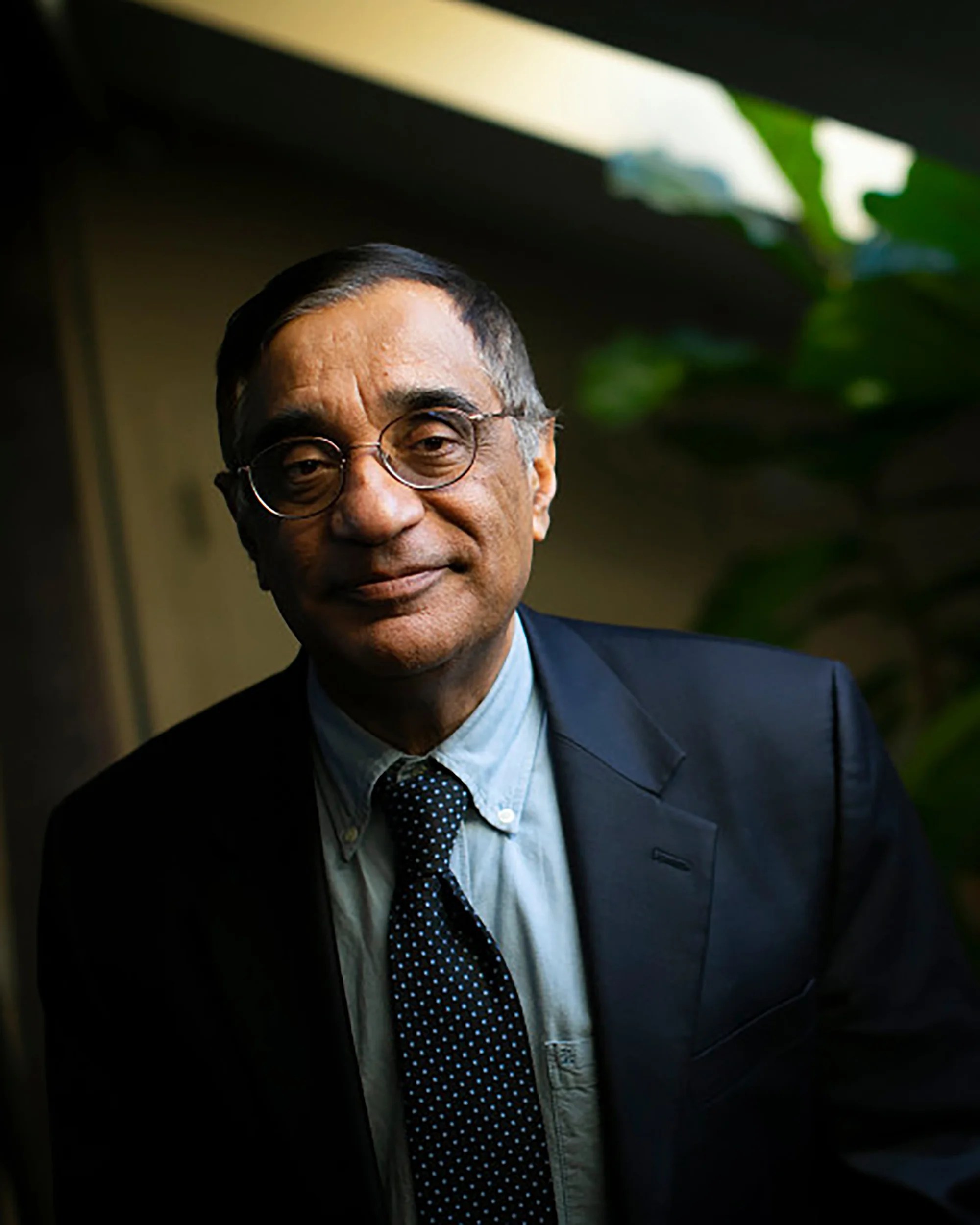
Ali Asani.
File photo by Stephanie Mitchell/Harvard Staff Photographer
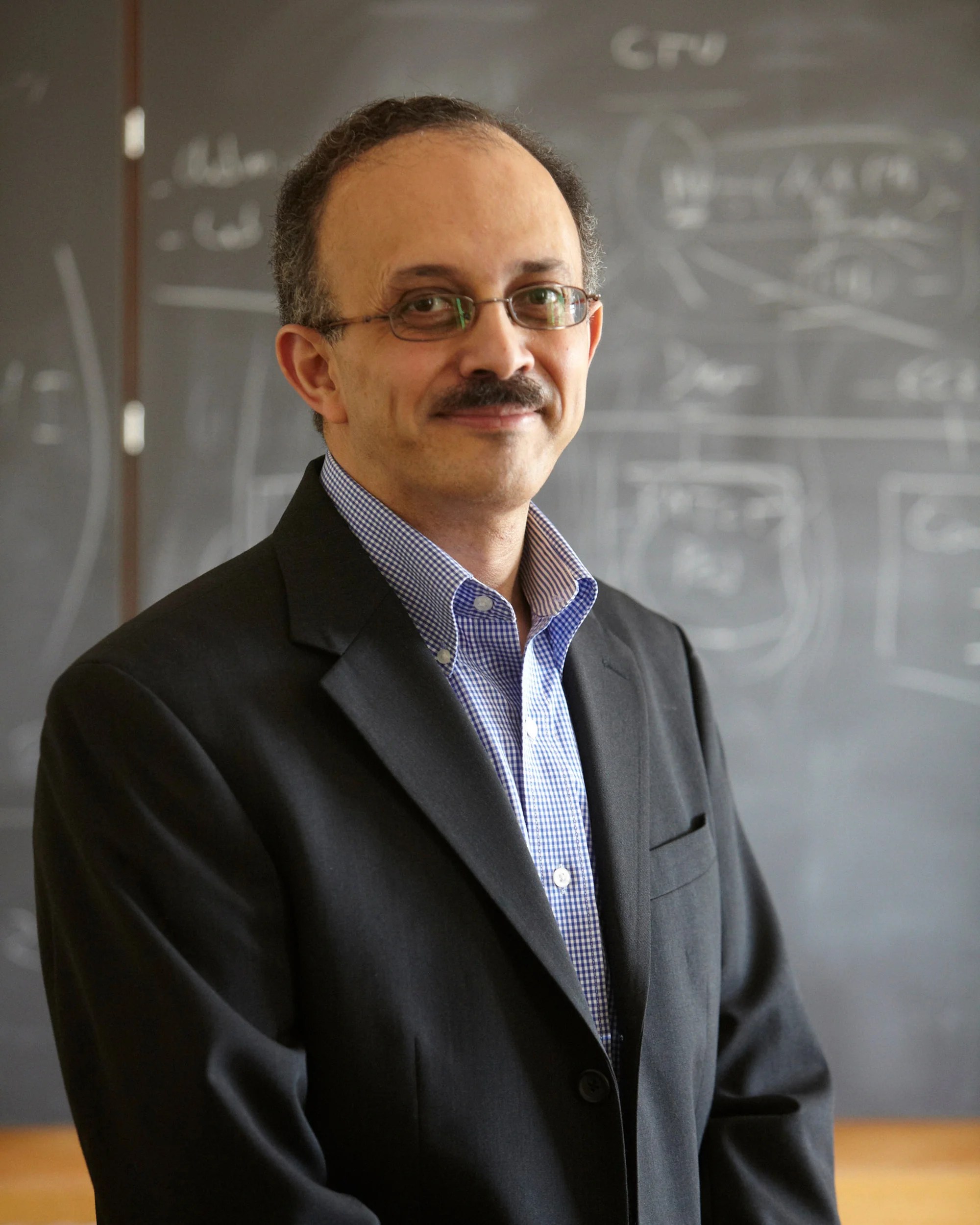
Wafaie Fawzi.
Photo by Harvard Chan School Communications
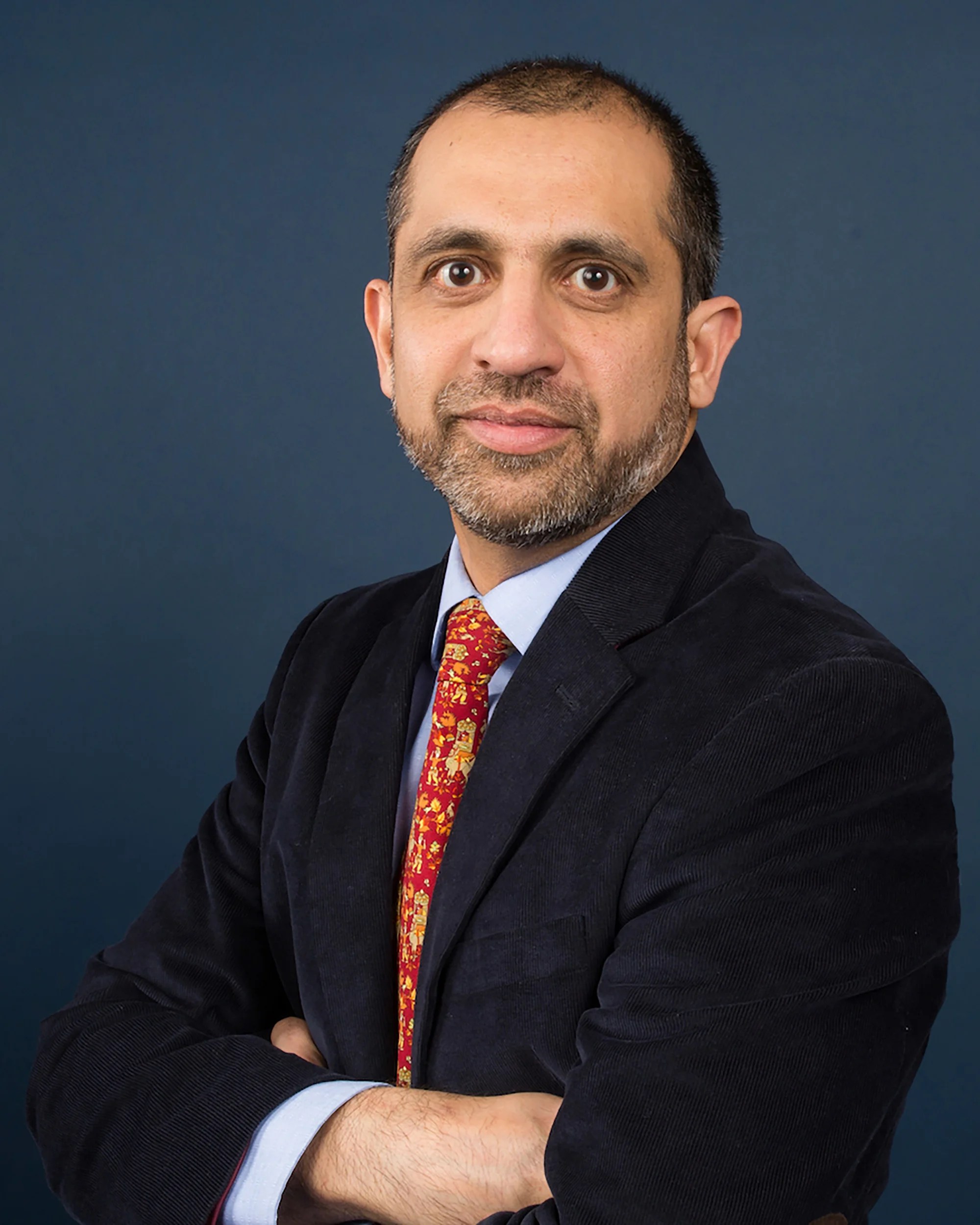
Asim Ijaz Khwaja.
Photo by Martha Stewart
The recommendations emphasize the need to create a safe environment for community members by expanding protective and counseling services and publicly denouncing and helping mitigate the consequences of various forms of harassment, including doxxing.
The task force also made recommendations to address the perceived lack of recognition felt by members of the community on issues they care about. This includes an expansion of the name of the task force itself to add a focus on anti-Palestinian bias experienced both by Palestinian members of the Harvard community and by those who ally with Palestine. The suggestion to rename it the Presidential Task Force on Combating Anti-Muslim, Anti-Arab, and Anti-Palestinian Bias was made in response to numerous reports from these individuals on campus about how the Palestinian identity has often felt “erased” or unrecognized.
“While Palestinians face Islamophobia and anti-Arab racism like other groups, they hail from a variety of religious backgrounds and also encounter unique challenges stemming from their status as Palestinians seeking national rights,” Fawzi said. “Highlighting anti-Palestinian bias would also promote inclusiveness of the voice of a large segment of our community that considers themselves allies of Palestinian aspirations, including South Asians, African Americans, whites, and other groups.”
The task force also recommended a Harvard-wide audit of academic resources related to Islam, the Middle East, and Palestine studies, as well as Arab, Middle Eastern, and Islamic studies across the University’s faculties.
“Teaching and research in these areas are critical to understanding the historical and contemporary challenges and opportunities facing these communities and to enabling constructive dialogue on the problems and on potential solutions,” Fawzi said. “We have consistently heard an immediate need for expanding curricular offerings related to Palestinian studies and seeking to recruit tenure-track faculty to enable this effort.”
According to the task force, many Muslim, Arab, Palestinian, and pro-Palestinian Harvard affiliates also said they felt unsafe physically and in terms of their careers as students, faculty, and staff in expressing their opinions on the Israel-Palestine conflict.
“It’s clear that the issues and constraints around free speech have weighed heavily and directly impacted many in the community. They feel not only have the University and Schools often fallen short in protecting these values, but have also sent mixed messages about upholding them,” said Khwaja. “We are looking forward to the efforts of the Open Inquiry and Constructive Dialogue Working Group and hope that they will be supported by our findings about how consequential these values are to the sense of safety, well-being, and effective discourse an academic community should have.”
The task force called on the University and the Schools to reaffirm their commitment to free expression and open debate while also ensuring that their policies on protest and dissent are clear to students upon their return in the fall.
“The University and Schools need to clearly communicate their policies on protest and dissent and clarify any ambiguity about them. Doing so will also allow us to collectively and constructively deliberate on what should be considered as legitimate and permissible protest and what is not. It will also help clarify procedural fairness and perceptions of equity, especially if such policies are seen to disproportionately apply to some groups or differ from past practice,” Khwaja said.
Recommendation highlights: Combating Antisemitism
The task force on combating antisemitism focused their memo on six areas for immediate action:
- Clarify Harvard’s values
- Act against discrimination, bullying, harassment, and hate
- Improve disciplinary processes
- Implement education and training
- Foster constructive dialogue
- Support Jewish life on campus
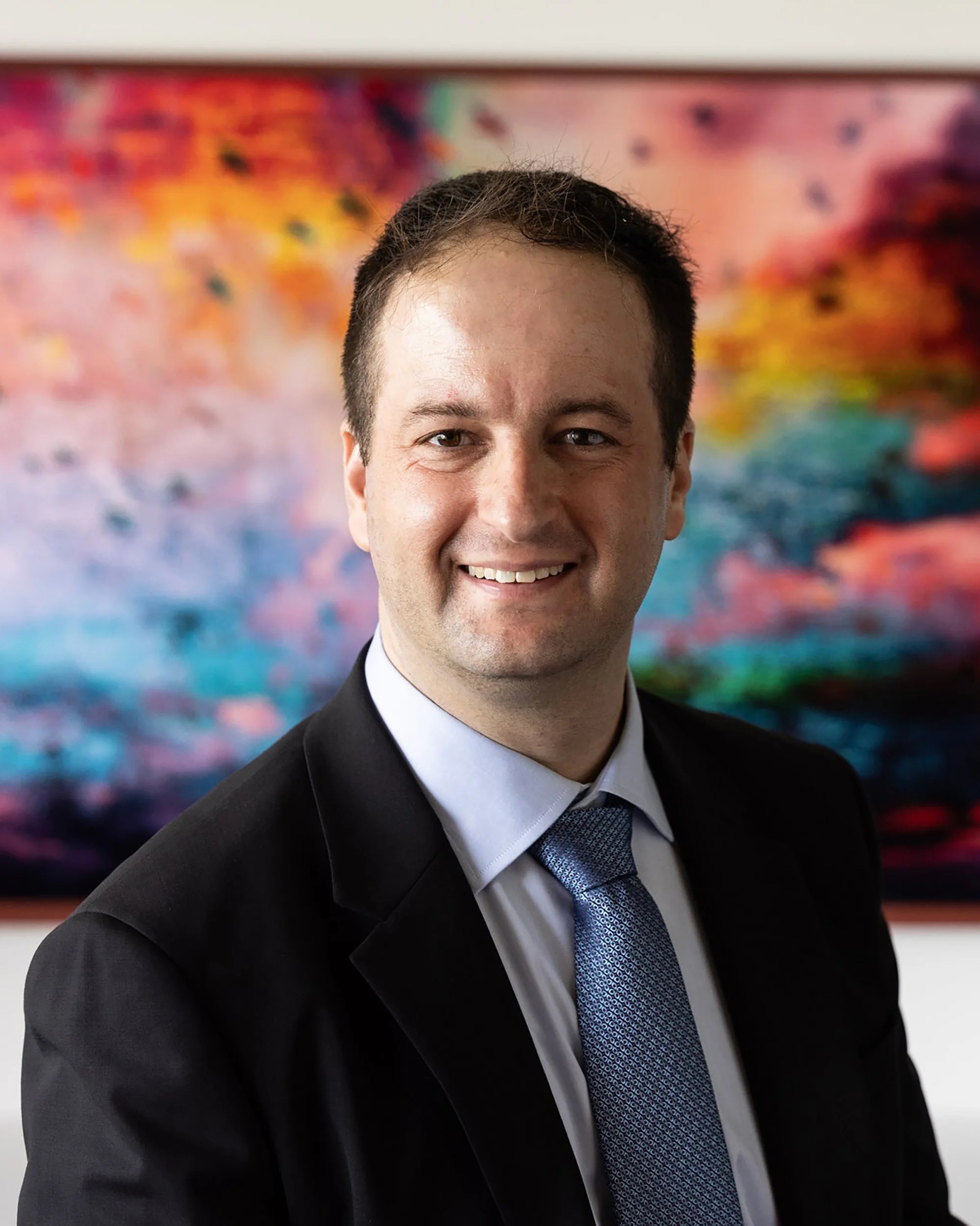
Jared Ellias.
Photo by Jessica Scranton
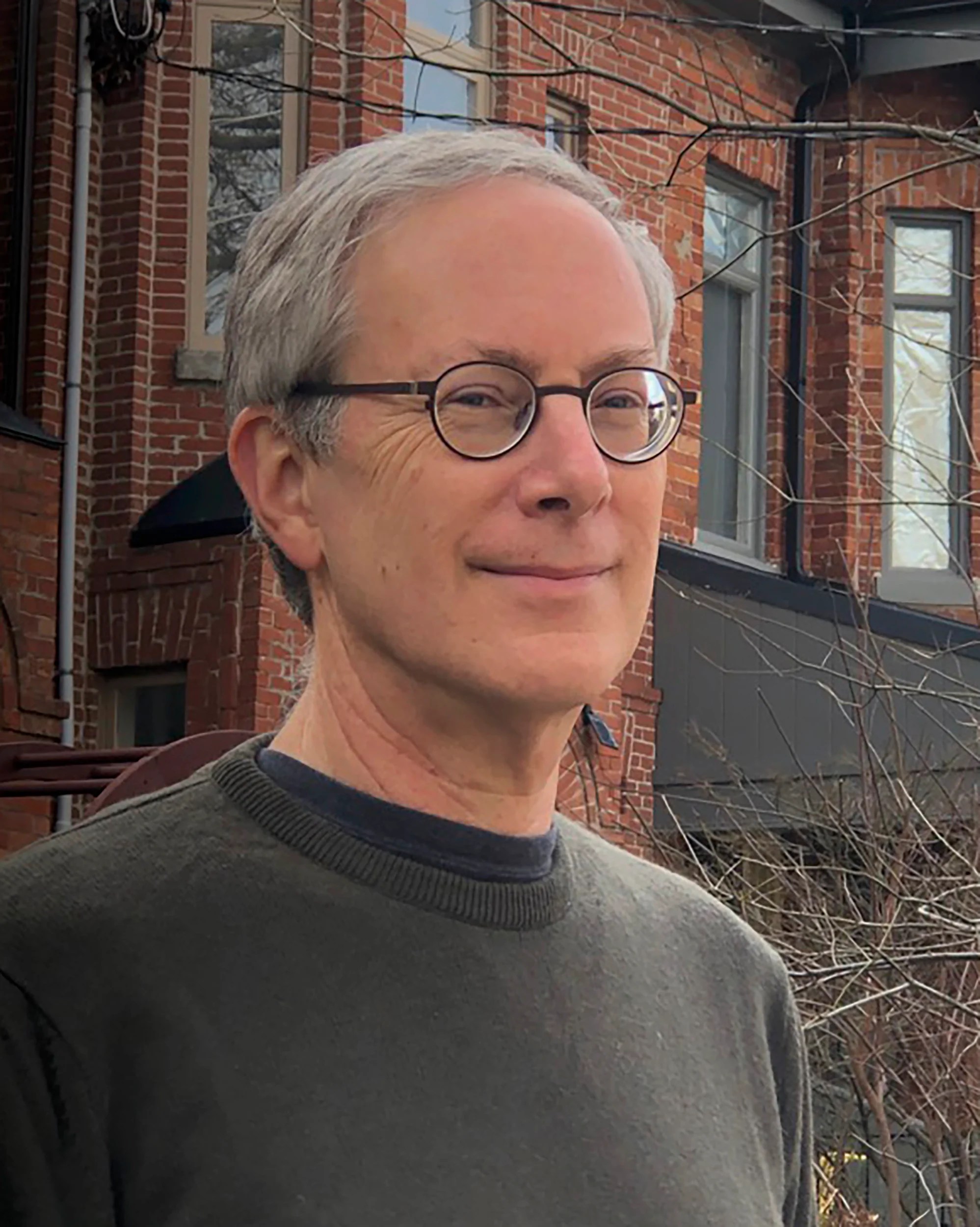
Derek Penslar.
Photo by Robin Levin Penslar
The memo asks the University to take action against the derision, social exclusion, and hostility that Jewish, Israeli, and pro-Israel community members have experienced. Penslar said that the administration, faculty, and staff need to establish norms of civil engagement, communicate those norms to students, and practice them themselves.
“Training for instructional staff and at student orientation programs must clarify the difference between a challenging classroom atmosphere, which is healthy and constructive, and a threatening one, which is toxic,” Penslar said. “Guidelines for co-curricular organizations and residences should stress the importance of inclusivity, however contentious conversations within them may be.”
The task force also calls for greater antisemitism awareness training as part of the University’s efforts to promote diversity, inclusion, and belonging. For example, the task force suggests offering anti-harassment training for students that includes examples of antisemitism and ensuring that orientation programs for new students include antisemitism and anti-Israeli bias in broader discussions of oppression and injustice.
“Our students are certain to encounter peers from backgrounds that they know little about,” Ellias said. “We want Harvard to tell our new students from day one, you are here to be with each other. We do not expect you to recognize all the ways you might offend each other, but we do expect you to be generous with each other, assume good intentions, and listen to what your fellow students say to you.”
What’s next
Some common recommendations emerged from both task forces related to everyday activities that many Harvard affiliates might take for granted. These include creating new calendars with information about Jewish and Muslim religious holidays (and those of other groups), reviewing accommodation policies, and improving kosher and halal food offerings in the dining halls.
“All of our students deserve convenient access to tasty and nutritious food. Depriving religiously observant students of that access is a violation of the most basic standards of equity. The same is true for denying students reasonable accommodation for religious holidays,” Penslar said. “So long as Harvard does not provide these forms of accommodation, it is signaling that religiously observant Jewish and Muslim students are not welcome here. That is a terrible message, and I am confident that it is not one that this University would ever endorse.”
And, finally, in an atmosphere rife with offensive and hateful social media posts and doxxing trucks circling campus, both task forces endorsed more deliberate — albeit more challenging — formal dialogues, such as high-profile talks and even in-classroom discussions between individuals who disagree respectfully and productively.
It’s these kinds of efforts that the co-chairs hope the University will pursue long after their final reports are delivered in the fall.
“One of the main reasons for conflict around the world is the inability to engage with and understand difference,” Asani said. “We should aspire to provide every student who is graduating from Harvard with the tools to engage with and understand all kinds of difference and in so doing enable them to make a positive difference in the world.”




